Description
The revolution in typesetting – a revolution that over the past two decades has eliminated a five-hundred-year-old system of hot metal production and replaced it with one of photo-generated and computer-driven composition – shows no sign of winding down. This book, more than any other we know, traces the steps that went into that revolution and simultaneously makes the argument that the letter forms themselves are in process of evolution. Tracy argues that, whether they are of the sixteenth or the twentieth century, the forms that comprise our alphabet are subject to the same rules of good taste, proportion, and clarity that have always obtained. But what we face today is vastly different from fifty years ago. For the first time, new technology has made the proliferation (and, as some would maintain, debasement) of letter forms fast and easy (or quick and dirty.) With fifty years of professional experience on both sides of the Atlantic (including thirty years as head of type design for the British Linotype Company), Tracy is in a unique position to make this argument and arrive at his sad conclusion: the design of distinguished, contemporary typefaces is far outnumbered by the mediocre and downright bad. Part of the reason for this deplorable deterioration is a lack of critical analysis of the particular esthetics involved. This step-by-step examination of type-design esthetics is precisely what Tracy provides here, while avoiding both the promoter’s hype and the manufacturer’s claims. Here are the gut issues of what makes type good or bad, legible or unreadable. Extensively illustrated with both typefaces and line drawings, this book belongs on the shelf of anyone interested in thehistory of letters or in the artistry and peculiar problems that lie behind their production.

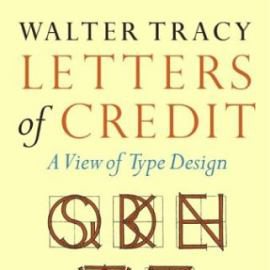
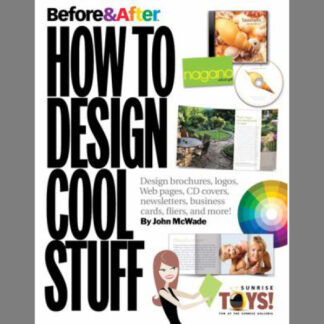
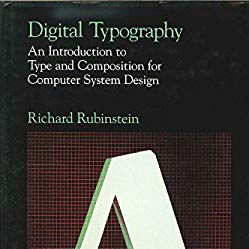
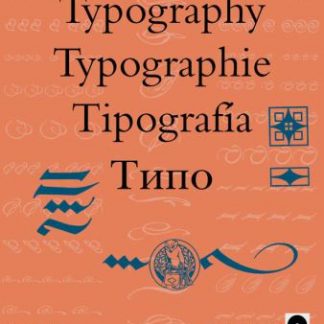
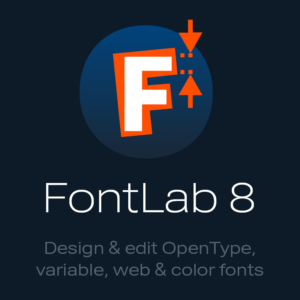


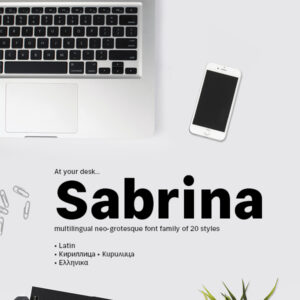
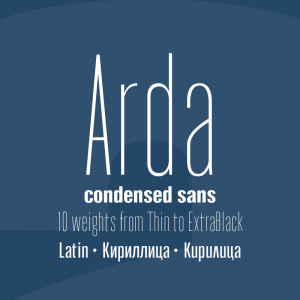

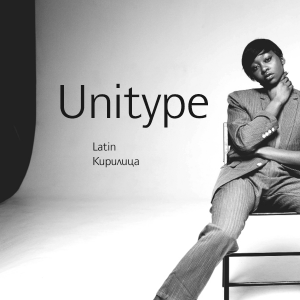
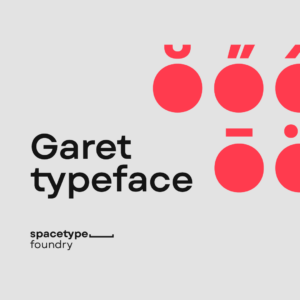
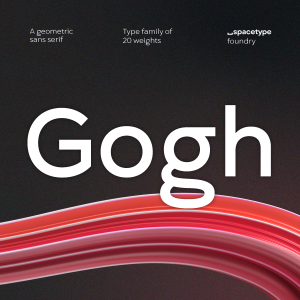
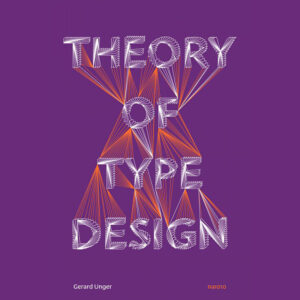

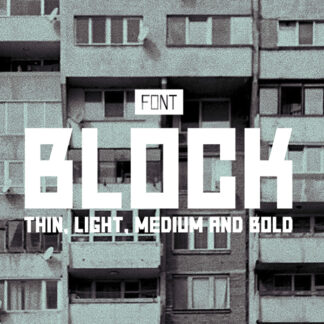

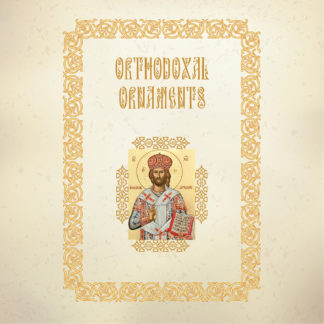
Reviews
There are no reviews yet.